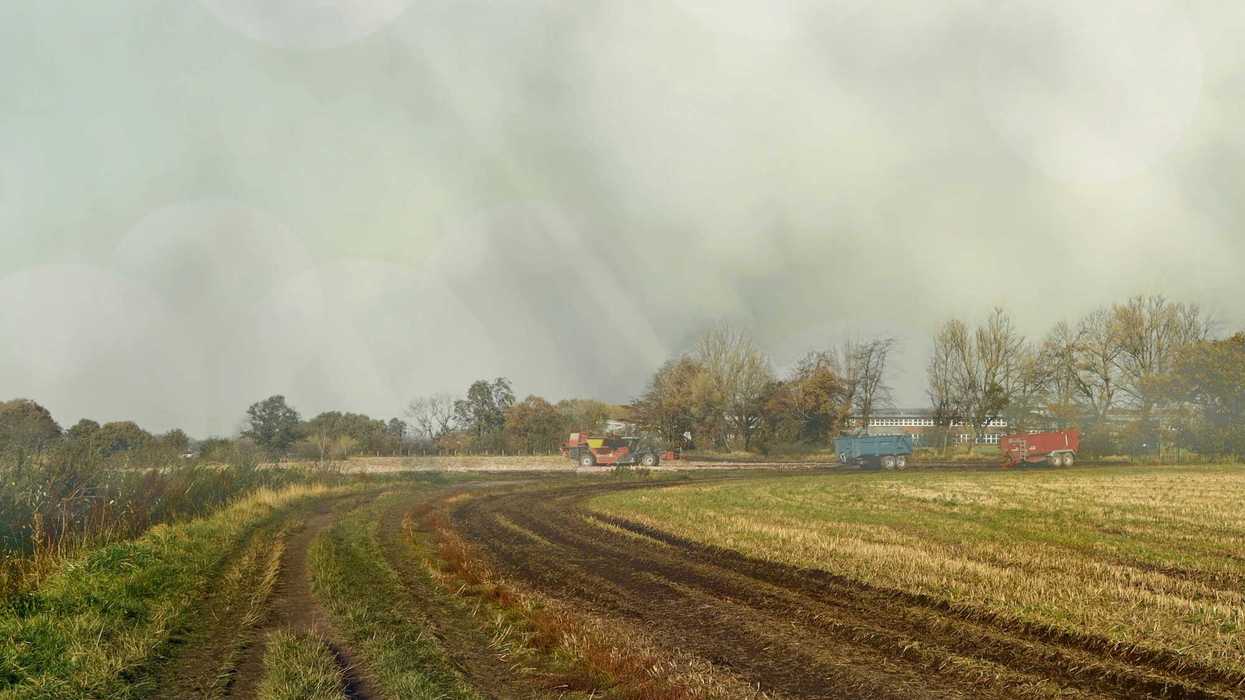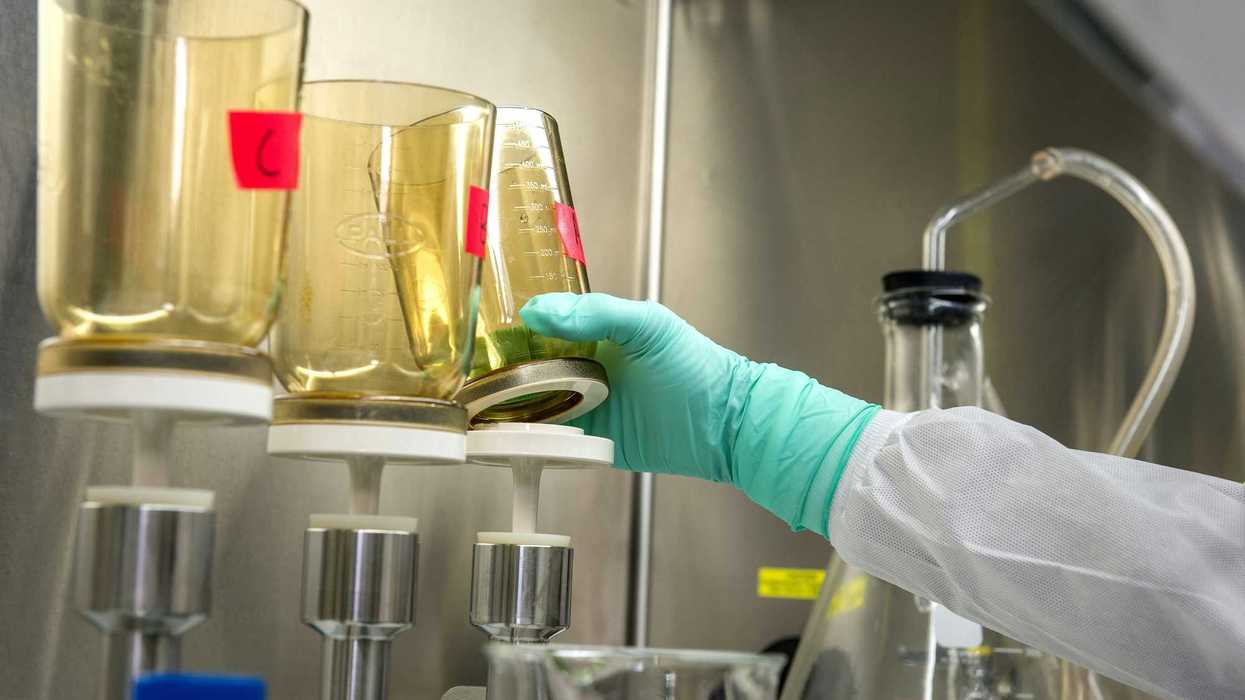Curtis Bay residents struggle with worsening air pollution as Baltimore's port shutdown intensifies coal dust exposure.
Hannah Northey reports for E&E News.
In short:
- Curtis Bay residents report worsening air quality due to coal dust from Baltimore’s port, exacerbated by a recent bridge collapse.
- Local advocates are urging for increased regulatory oversight and questioning the renewal of the CSX terminal's operating permit.
- Maryland has increased pollution monitoring in the area, but residents remain skeptical of state and corporate assurances of safety.
Key quote:
“You typically get the finest particles … the stuff that disperses over the greatest parts of the community that can penetrate furthest into your lungs. So many of the toxic pollutants you're worried about from when you're burning coal are just supercharged when you're actually inhaling un-combusted coal.”
— Matthew Tejada, senior vice president of environmental health at the Natural Resources Defense Council
Why this matters:
Inhalation of fine particulate matter from coal can lead to respiratory issues, exacerbate asthma, and increase the risk of cardiovascular diseases. The Curtis Bay community, which has historically dealt with environmental justice issues, has raised concerns about the cumulative impact of pollution and the lack of stringent regulatory measures to control dust emissions effectively.














